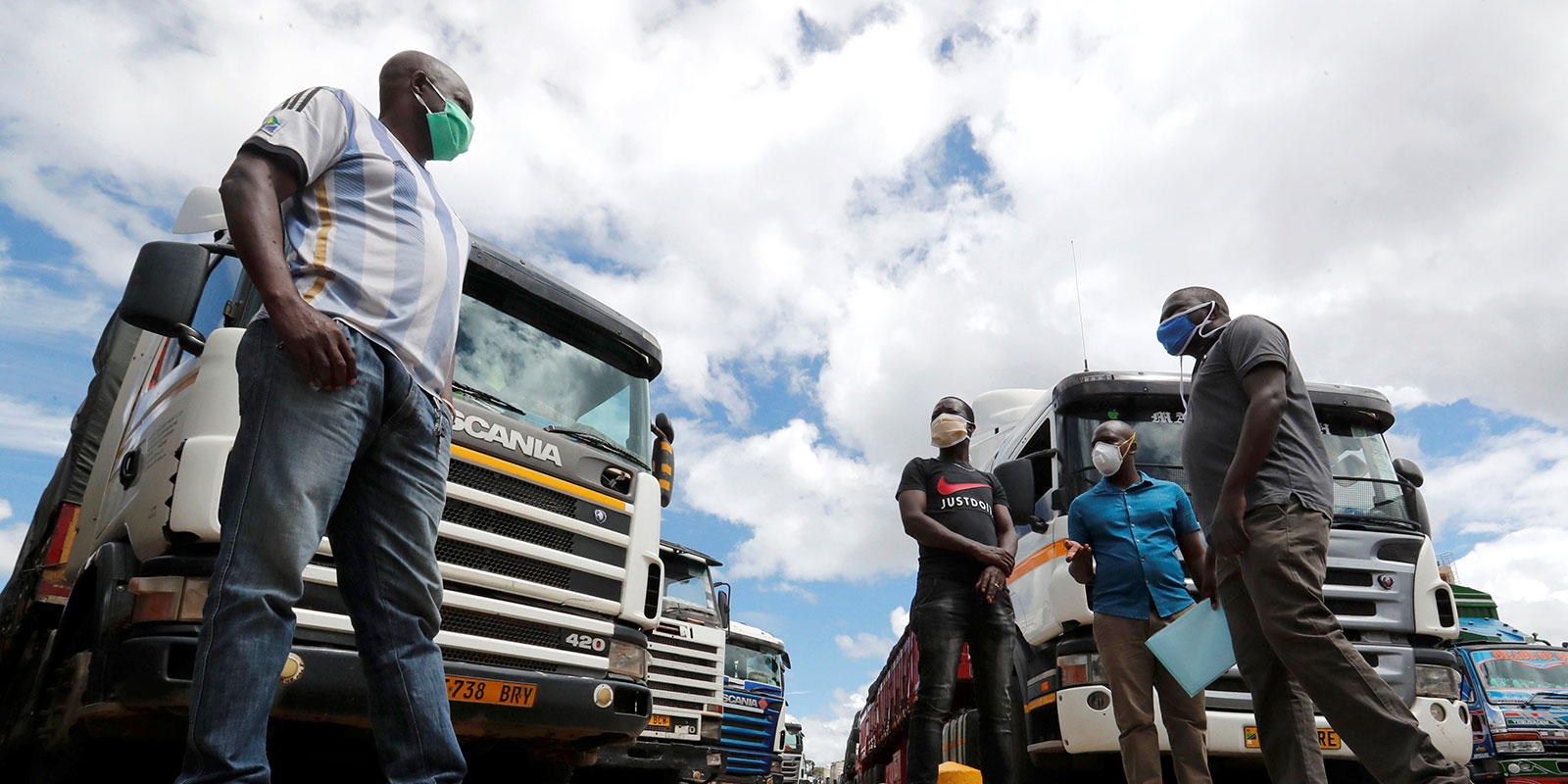As the world adapts to the continuing presence in our lives of the common problem of the COVID-19 pandemic, what emerges is that we need to come up with common solutions. In other words, effective adaptation does not mean, in the economic sphere, withdrawing into protectionism or complete isolationism. This is because no country can, on its own, solve the health and economic problems that the COVID-19 pandemic has unleashed. The interdependency of countries and economies therefore still matters during this period, and greatly so.
No country can, on its own, solve the health and economic problems that #COVID19 unleashed. The interdependency of countries and economies therefore still matters during this period, and greatly so @AmbMuchanga
Tweet
For Africa, this means increased commitment to integrating her economies through the African Continental Free Trade Area (AfCFTA), targeted to start trading on 1 January 2021. In bringing this market into operation, we are in the process of creating the foundations of permanent trade corridors, both physical and online. Key to this is the development of regional supply chains anchored on regional value chains. In so doing, we are also repositioning to increase intra-African trade in value-added products. This element of our export diversification drive will facilitate the possibility of quicker recovery from the recession that has affected a majority of African economies, the first since 1995.
Operationally, we are getting ready at the continental, regional and national levels for the start of trading. At the continental level, work is underway to conclude negotiations on rules of origin, schedules of tariff concessions on trade in goods, and schedules of specific commitments on trade in services. In order to monitor, report on and eliminate non-tariff barriers, which is critical to deepening the market, an online instrument has been developed and is ready for application. This instrument is available at tradebarriers.africa. Still at the continental level, work is underway with the African Export-Import Bank to operationalise a continental transit guarantee scheme, a digital payments and settlement system, and the AfCFTA Adjustment Facility. The Secretariat of the AfCFTA, which will have the task of facilitating and coordinating the operation of the market, has been established and is working in Accra, Ghana. One of its early tasks will be getting regional economic communities (RECs) to agree to use the AfCFTA logo on their trade documents, as a means of promoting inter-regional trade through the AfCFTA. Current data from the United Nations Economic Commission for Africa shows that much intra-African trade is within the RECs. In this respect, promoting inter-regional trade would rapidly increase intra-African trade. In addition, the new Secretariat is working with customs administrations across Africa to address, among others, issues of connectivity, transit and trade facilitation. At the national level, issues of signing and ratification of the AfCFTA Agreement, sensitisation of business communities on opportunities in the market, and production and distribution of trade documents for the AfCFTA market are being undertaken.
In a big market such as the AfCFTA, trade information is vital. In this respect, the African Trade Observatory (ATO) is being created as part of the trade information architecture of this emerging market. Some of its components will be rolled out on 5 December this year during the African Union Extraordinary Summit on the AfCFTA. When fully operational, the ATO will have the following windows: an explore window, providing information on market access conditions, including export and import opportunities in the market; a window for monitoring developments in regional and continental economic integration; a window providing a directory of authorised economic operators; and a window to guide navigation and use of data in the observatory. A complement to this, also to be rolled out on 5 December this year, will be the AfCFTA Dashboard, which will provide up-to-date information on key activities of the market, including those from the private sector and other stakeholders.
As the world adapts to the continuing presence in our lives of the common problem of the #COVID19 pandemic, what emerges is a need for common solutions @AmbMuchanga
Tweet
Safe travel is key to facilitating effective operation of the AfCFTA in the COVID-19 era. Goods have to be distributed across a market of approximately 30 million square kilometres, which is the geographical size of all 55 African Union member states. Although 54 and 30 of them respectively have so far signed and ratified the AfCFTA Agreement, we expect all countries to sign and ratify the Agreement eventually. In this respect, we are working with the Afro-Champions Initiative to facilitate the safe travel of businesspeople, truckers, tourists, officials and individuals across the length and width of the African continent.
Equally important is e-commerce. The Africa e-Trade Group has come up with the Sokokuu Africa platform, while the United Nations Economic Commission for Africa, in collaboration with the African Export-Import Bank, is planning to roll out the African Trade Exchange Platform. These two platforms will bring together buyers and sellers to transact electronically. In response to the COVID-19 pandemic, the African Union, as part of the AfCFTA, has established the African Medical Supplies Platform. This is an online marketplace providing supplies to fight the COVID-19 pandemic. Through it, member states pool procurement, in addition to capacitating African businesses to produce and export pharmaceutical products.
In conclusion, from this brief outline, what comes out is that Africa is reaffirming her commitment to multilateralism as she adapts to the COVID-19 era. In so doing, African countries are pooling their sovereignty through the AfCFTA to leverage collective self-reliance in moving towards economic recovery, growth and, ultimately, greater resilience to future economic shocks.
Albert Muchanga is the African Union Commissioner for Trade and Industry.

